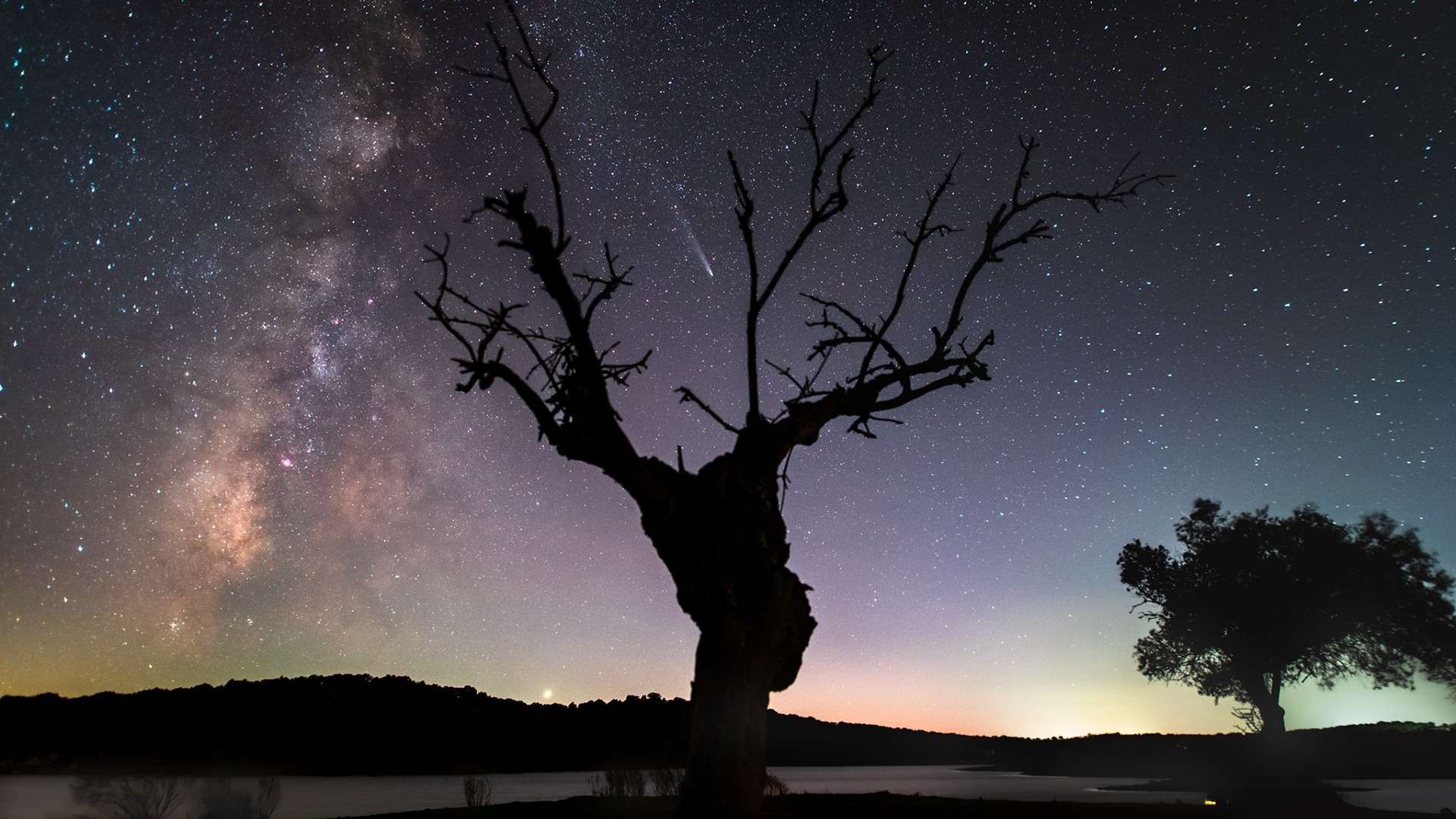The Universe is an expansive, awe-inspiring realm that has fascinated humanity for millennia. With its countless stars, planets, and galaxies, it represents both the known and the mysterious, inviting us to explore its depths. The television series Universe takes viewers on a breathtaking journey, presenting complex astronomical concepts in a visually captivating and easily understandable way. Each episode of Universe is designed to illuminate different celestial phenomena, from the birth of stars to the mysteries of black holes, providing a comprehensive guide to our cosmic surroundings.
Exploring the Wonders of the Universe
When watching Universe, viewers are immediately struck by the sheer scale and grandeur of the cosmos. The show presents intricate details about nebulae, supernovae, and galaxy formations, emphasizing the dynamic and ever-changing nature of the Universe. Through stunning visuals and expert narration, the series captures the imagination, making the scientific phenomena accessible to both enthusiasts and casual viewers alike. Every episode highlights how interconnected the components of the Universe are, showing that even the tiniest cosmic events can have a profound impact on the broader structure of space.
Stars and Their Life Cycles in the Universe
One of the most captivating aspects of Universe is its focus on stars and their life cycles. Stars are not merely points of light in the night sky; they are complex engines that power the Universe. Through episodes that explore stellar nurseries and the process of nuclear fusion, viewers gain a deeper understanding of how stars are born, live, and ultimately die. The series explains phenomena such as supernovae and neutron stars, illustrating how these events contribute to the ongoing evolution of the Universe. Watching the transformation of stars provides a sense of continuity and connection within the cosmos, emphasizing the cyclical nature of life on a grand cosmic scale.
Black Holes and Cosmic Mysteries
No discussion of the Universe would be complete without exploring black holes and other enigmatic celestial objects. The Universe series delves into these phenomena, explaining how black holes warp space and time, drawing everything in their vicinity toward them. Episodes examine the science behind gravitational forces, event horizons, and singularities, offering viewers a glimpse into some of the most puzzling and intriguing aspects of the Universe. By presenting these complex topics in an understandable way, Universe allows audiences to appreciate the profound mysteries that exist beyond our own solar system, sparking curiosity about what lies in the depths of space.
Galaxies and the Cosmic Web
The formation and structure of galaxies are central themes in the Universe series. Viewers learn how gravity, dark matter, and cosmic forces shape the sprawling galaxies we observe today. The show highlights the incredible diversity of galaxies in the Universe, from spiral to elliptical formations, each with unique characteristics and histories. By exploring how galaxies interact, collide, and evolve over billions of years, Universe provides a broader understanding of the cosmic web, illustrating the interconnectedness of celestial objects and the dynamic nature of the Universe itself.
The Role of Planets and Exoplanets in the Universe
Planets, including those beyond our solar system, play an essential role in the exploration of the Universe. The Universe series dedicates episodes to the discovery of exoplanets and the search for potentially habitable worlds. Through advanced telescopes and scientific research, audiences are introduced to the possibility of life beyond Earth and the conditions that make planetary systems viable. By studying planets and their atmospheres, Universe emphasizes how these celestial bodies contribute to our understanding of the Universe as a living and dynamic entity, full of possibilities and potential discoveries.
Cosmic Phenomena and the Evolution of the Universe
Throughout the series, Universe continually returns to the idea that the cosmos is constantly evolving. From the Big Bang to the expansion of space, viewers are guided through the major events that have shaped the Universe over billions of years. Episodes detail the formation of cosmic structures, the interaction between matter and energy, and the role of fundamental forces in shaping what we observe today. By framing these events within a broader narrative, Universe allows viewers to grasp the scale and complexity of celestial phenomena while appreciating the beauty and order underlying apparent chaos.
The Impact of the Universe on Human Understanding
Beyond visual spectacle, Universe has a profound impact on human understanding and imagination. The series encourages audiences to think critically about their place within the cosmos and the nature of reality itself. By combining scientific explanations with striking visuals, Universe fosters a deeper appreciation for the scale, beauty, and mystery of the Universe. Each episode serves as a reminder of the remarkable achievements of astronomers, physicists, and cosmologists who work tirelessly to unlock the secrets of space, making the study of the Universe both inspiring and accessible.
Conclusion: A Journey Through the Universe
The Universe series is more than just a television show; it is a guide through the incredible expanse of the cosmos. From the formation of stars and galaxies to the enigmatic nature of black holes, each episode illuminates the many facets of celestial phenomena that define the Universe. By presenting scientific knowledge in an engaging and visually stunning format, Universe allows viewers to explore space with wonder and understanding. This journey not only expands our knowledge of the cosmos but also deepens our appreciation for the complexity and beauty of the Universe, reminding us that the quest to understand the stars is a journey without end.



